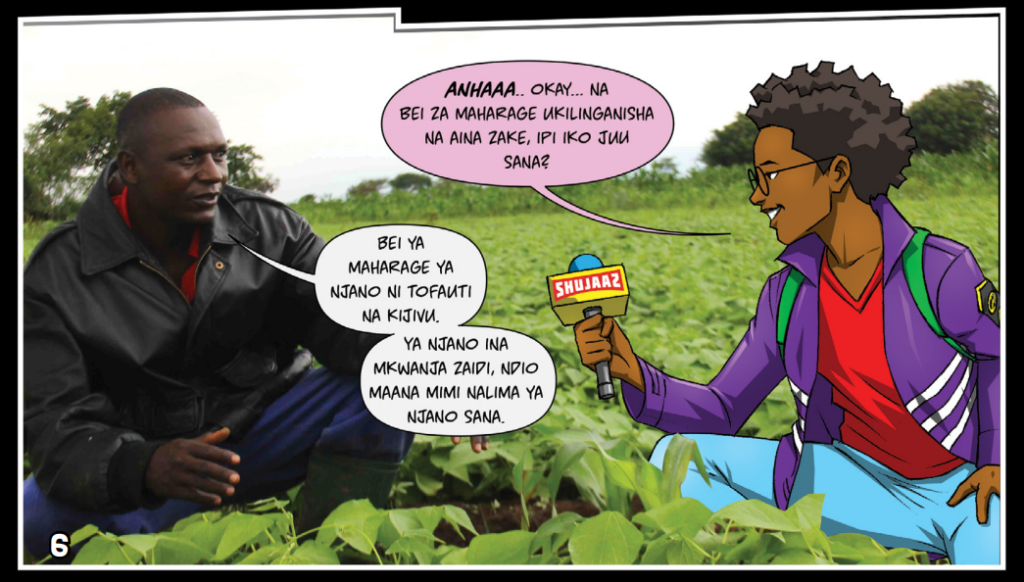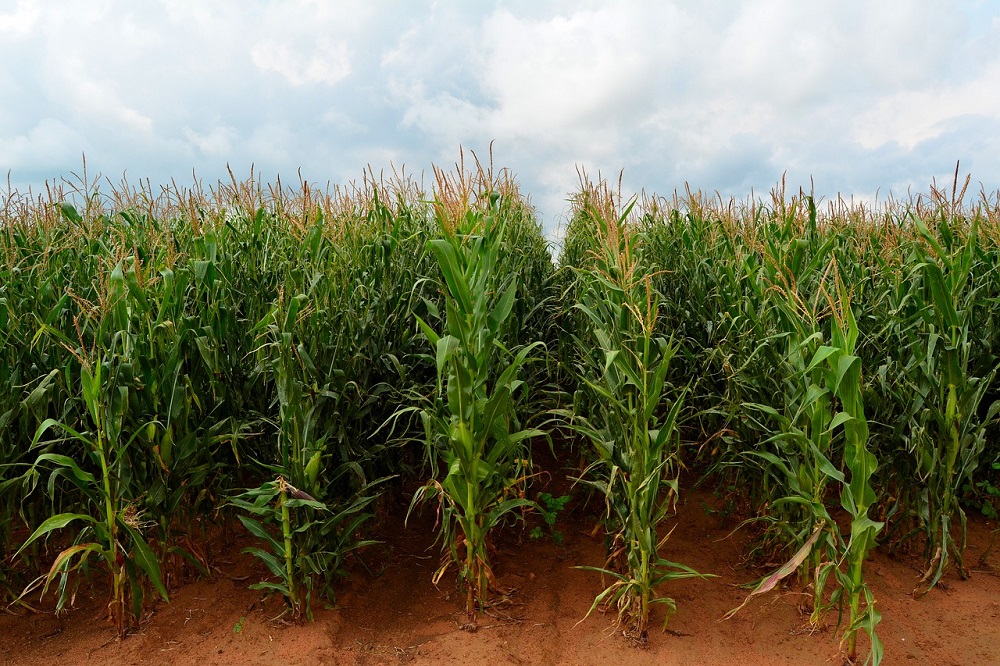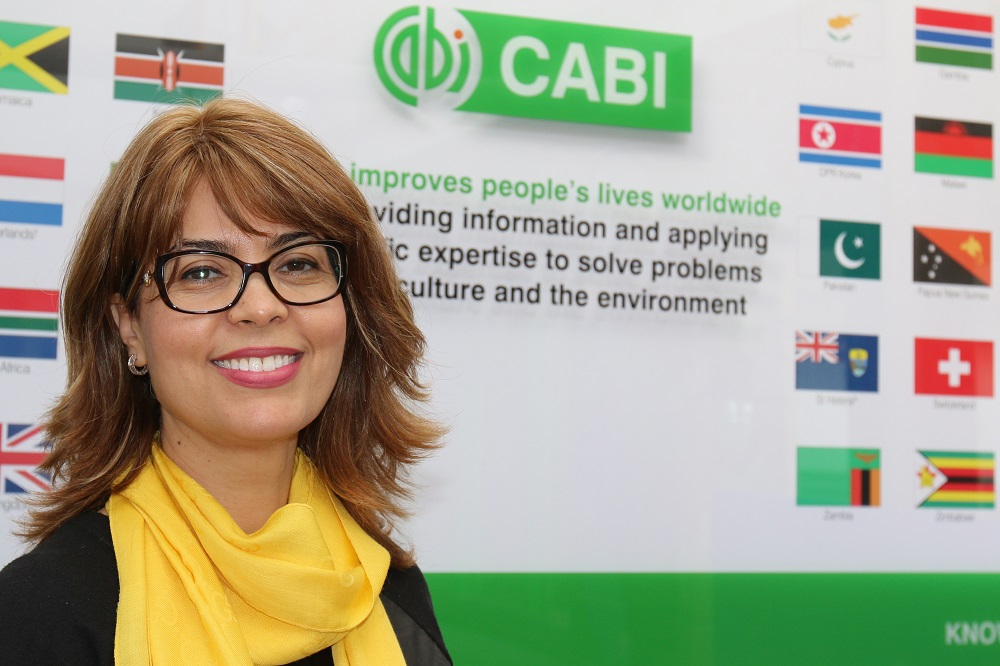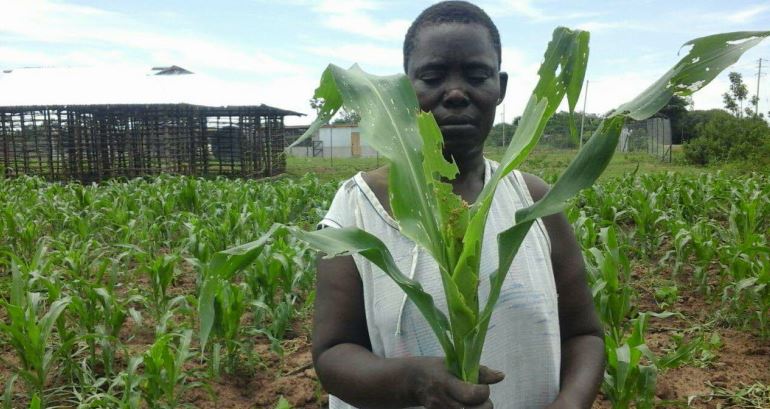“Gender mainstreaming is important because both men and women have equal rights to have their voices heard”
CABI envisions a world in which women, youth, and marginalised communities are included and treated equally in agricultural production. In support of SDG5: Gender Equality, CABI is focused on empowering women in agriculture. As such, this year we welcomed a key new member of staff, Bethel Terefe, as CABI’s first Gender Coordinator. Bethel will be…
How comics, pop music and drama deliver down-to-earth messages to help African farmers improve their soil
5 December is World Soil Day. Soil is a life source for healthy ecosystems, healthy food and, ultimately, healthy humans. With a growing population, the soil that’s cultivated will have to feed many more people, but it will only be able to do this if soil fertility is managed.
CABI builds capacity to tackle aflatoxin contamination of cereal crops in Pakistan
In this latest blog from CABI’s Dr Sabyan Faris Honey and Deborah Hamilton of the United States Department of Agriculture (USDA), we look at how the ‘Aflatoxin Control in Pakistan’ project is increasing efforts to build the capacity of technical staff in Punjab province to manage the harmful toxins which affect cereal crops, including maize,…
CABI’s 2019 books of the year
As the end of the year approaches, here at CABI we’re taking the time to reflect on some of our favourite books of 2019. Covering a wide range of subject areas, titles have made it on to this list for various reasons, from hotly anticipated new editions of popular titles, to innovative research in brand…
CABI Board Member Dr Ismahane Elouafi extols the virtues of crop diversity
CABI Board Member Dr Ismahane Elouafi – ranked by Muslim Science as among the 20 Most Influential Women in Science in the Islamic World – says crop diversity is the key to tackling the challenges in marginal environments, particularly in the face of climate change. Dr Elouafi told SciDev.Net that the inaugural Global Forum on…
New impact brief reveals cost benefit of fighting Fall armyworm in Ghana
A new CABI Study Brief published on CABI.org has revealed that implementing coordinated control measures to fight Fall armyworm in Ghana can reduce the economic cost of crop losses by USD $15 million a year. The research, entitled ‘Have actions taken to control Fall armyworm reduced the economic cost experienced in Ghana?’, based itself on…
Halloween blog special
Did you know that in many countries around the world pumpkins are a beloved staple food – not just in the Autumn/Fall and during Halloween but all year round? Yet, this humble cultivar of a squash plant, like any other food, is susceptible to a range of pesky pests – from the Pumpkin Beetle to…
Applying science to eradicate poverty
Today, 17 October 2019, is the International Day for the Eradication of Poverty. We’re taking a look at how science-based knowledge in three areas of international development – crop health, digital development and invasive species – has helped to lift people living in poor rural communities out of poverty and made a positive difference to…











